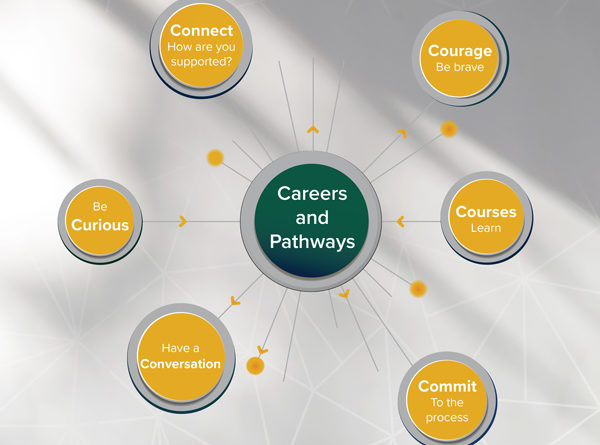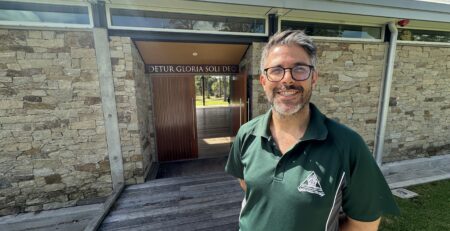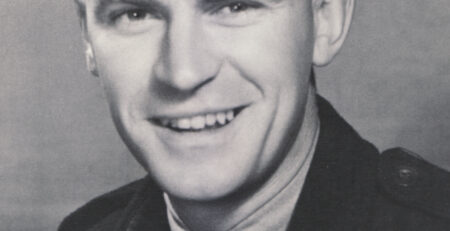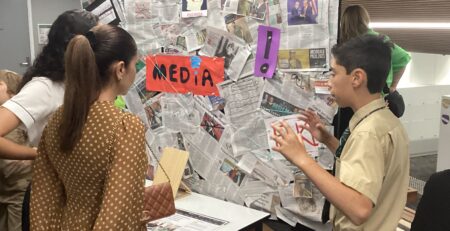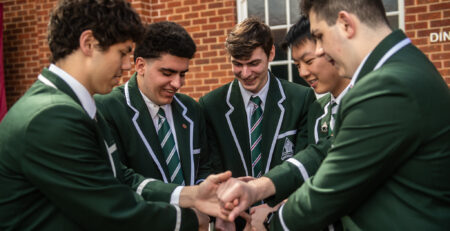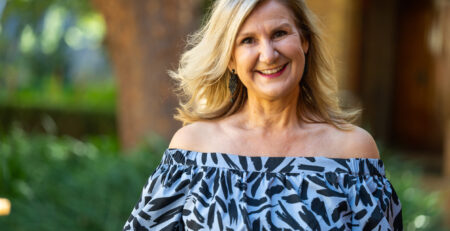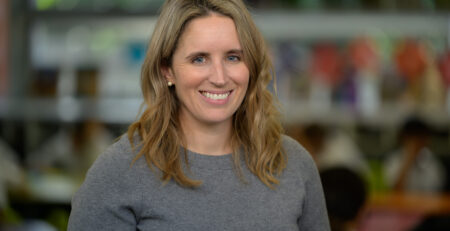Careers
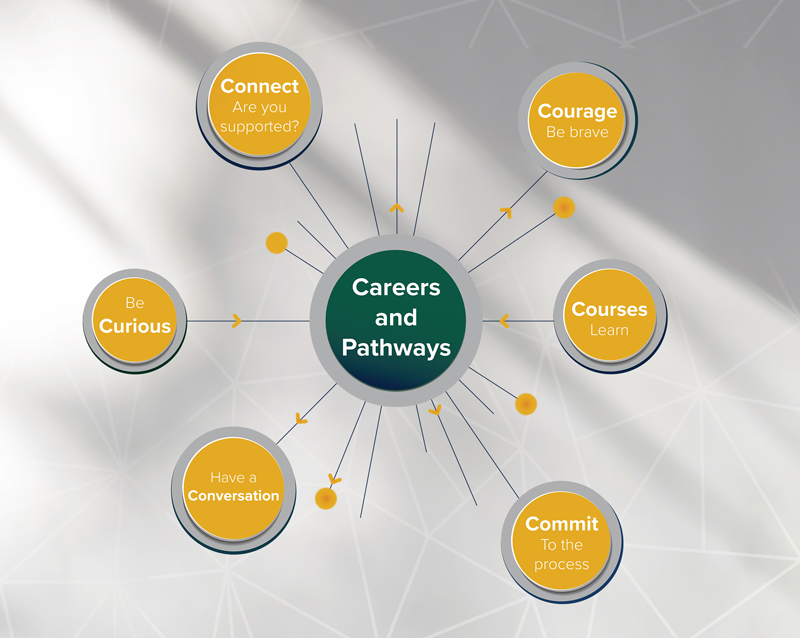
Connecting your thinking with the decisions you make
During Chapel this week, Mr Webster referred to the concept of Critical Thinking, and invited boys to reflect on their understanding of the place that religion has in causing unrest and differences of opinion. Like the person who reads the headline of a news article, then comments without reading the article in full, it might be easy to put forth your thoughts on the way religion can be at the centre of disharmony, without careful consideration or reflection.
Teachers embed critical thinking processes in their lessons because they want their students to develop the capacity and confidence to question and direct their own learning. In the workplace, critical thinking is identified as a key cognitive competency. The 21st century workplace relies on the ability of workers to ask ‘why’ when responding to problems and to develop new products and markets.
In the many conversations I have had with students and their parents in the past weeks (about subject and course selection for school and beyond), the process of making decisions relies on the critical thinking attributes – interpreting the information presented, analysing and evaluating for fit with personal goals, and considering how the ‘draft’ decision will work. At the end of this process, being able to explain why the decision made about what subject or course to select works well in careers conversations, to allow students to hear back for themselves, their connection to the decision they have made. As explained to Year 12 students during their careers sessions last week, all of this is not done in isolation. Connecting with those who can support the decision-making process is essential – parents, mentors, teachers, coaches, family members.
Courses and contacts
Please refer to Courses & Contacts for details of courses and contacts that may be of interest to you and your sons.
Susan Draysey | Careers and Student Pathways Advisor

